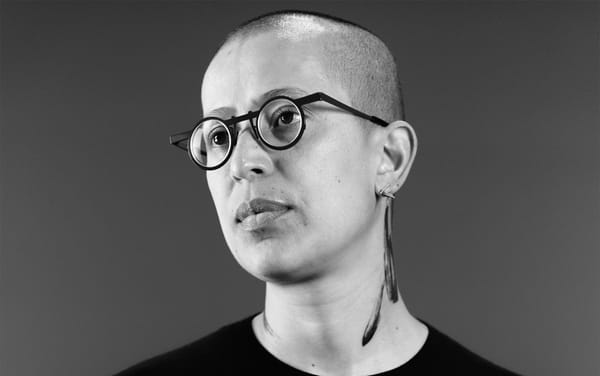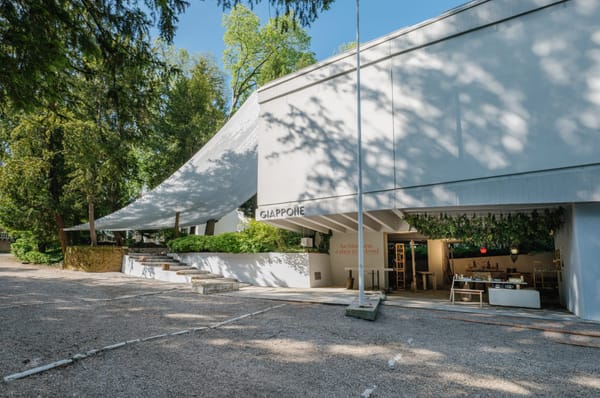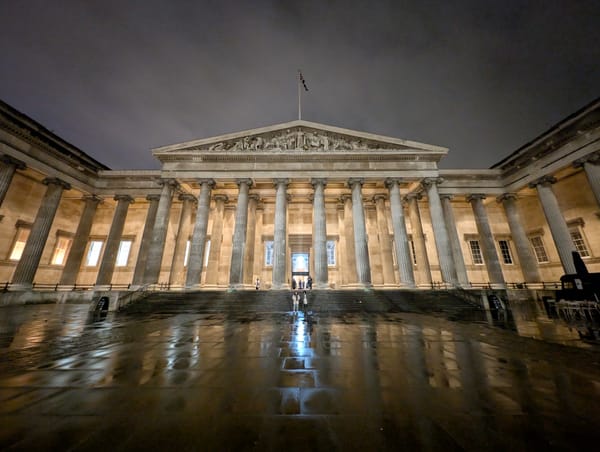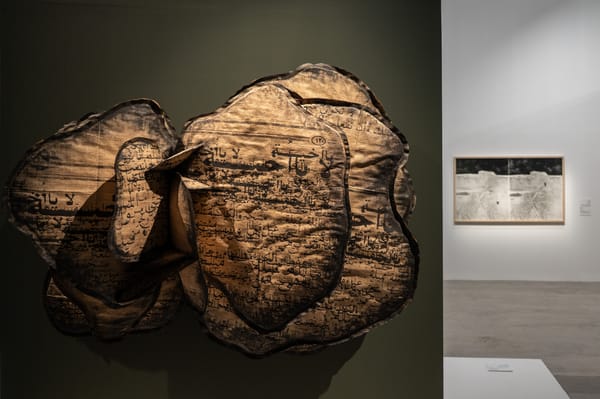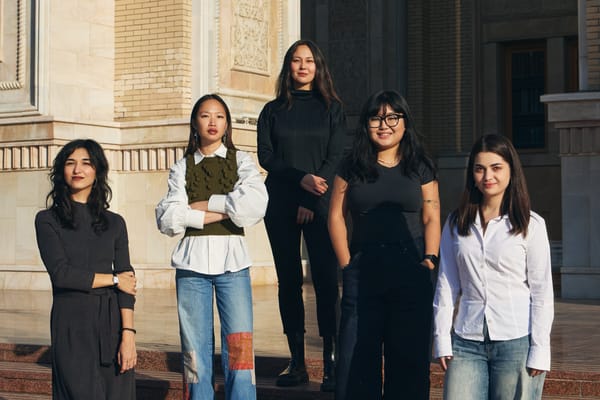News
Iranian and Israeli Museums Enact Emergency Measures to Protect Collections
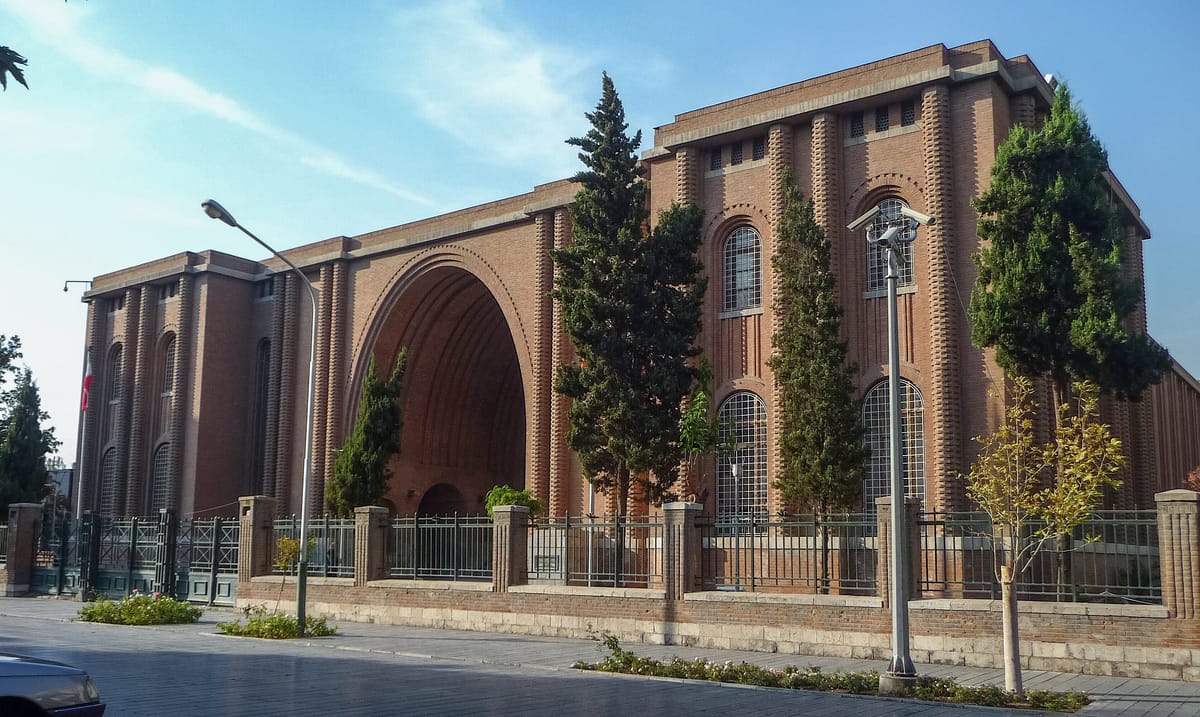
Amid escalating tensions between Iran and Israel, museums in both countries have taken emergency actions to safeguard their national treasures.
Following Israeli airstrikes on nuclear and military sites in Tehran on June 13, Iran’s deputy minister of cultural heritage, tourism, and handicrafts, Ali Darabi, instructed “custodians of artifacts” to implement crisis protocols, including nationwide closures of institutions and heritage sites, as well as the relocation of valuable museal holdings. The culture ministry confirmed the next day that all sensitive items had been moved to secure storage. Leila Khosravi, director general of Iran’s museums, told Hamshahri newspaper that cultural establishments in the region hold annual drills with emergency services to prepare for various scenarios. She affirmed that “[e]ven in this time of crisis, [the country’s cultural assets] will remain safely preserved, as they have in the past.” In line with these national precautions, art galleries throughout the Iranian capital have also halted operations.
In response to Iran’s retaliatory strikes on Tel Aviv, several Israeli art institutions have also secured their collections. The Tel Aviv Museum of Art activated its wartime protocols early in the morning on June 13, transferring all exhibited works to underground facilities. By the end of the day, both the Tel Aviv Museum of Art and Jerusalem’s Israel Museum had closed indefinitely in line with national security guidelines. “We’re used to this,” said Suzanne Landau, director of the Israel Museum, in an interview with Kan radio. She mentioned that museum staff moved immediately after the government’s call at 3am and managed to relocate their collections, including loaned works, to protected spaces within an hour and a half.
Experts and heritage advocates are increasingly concerned about the regional conflict’s impact on cultural legacies. On June 16, the Society for Iranian Archaeology published a statement on Telegram, condemning the Israeli military attacks and urging global heritage organizations such as UNESCO and the International Council on Monuments and Sites (ICOMOS) to call for “immediate, coordinated international action to safeguard human life, protect cultural heritage, and defend the values of international law and shared humanity.”
Stella Wu is an editorial intern at ArtAsiaPacific.

